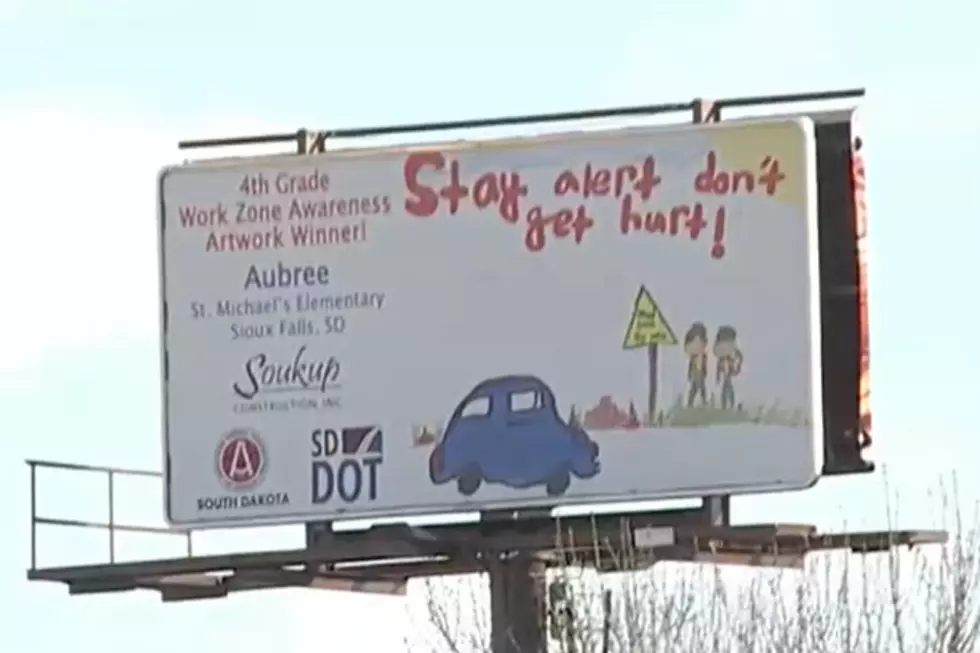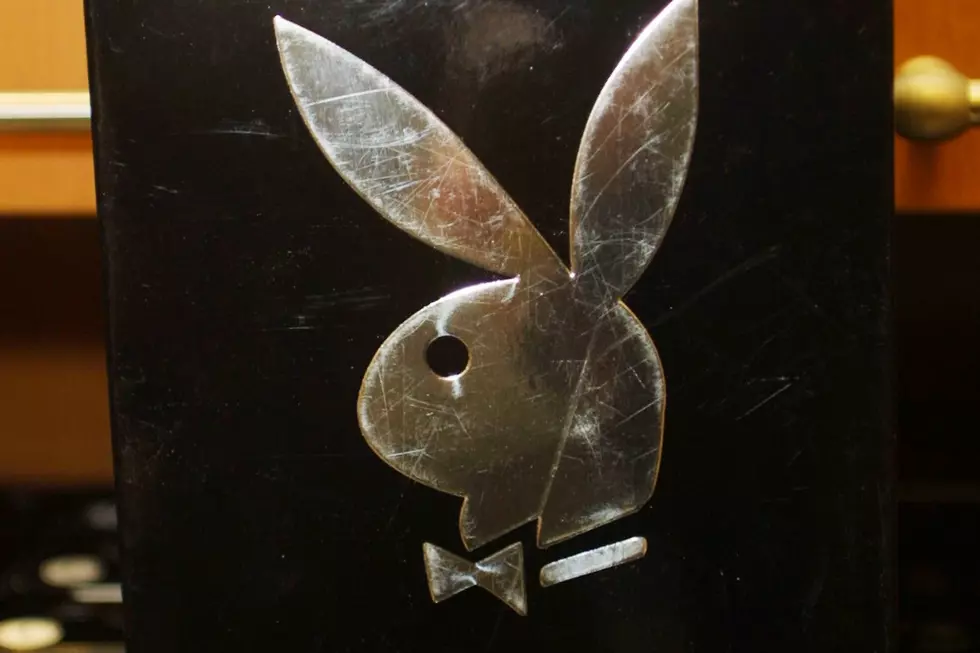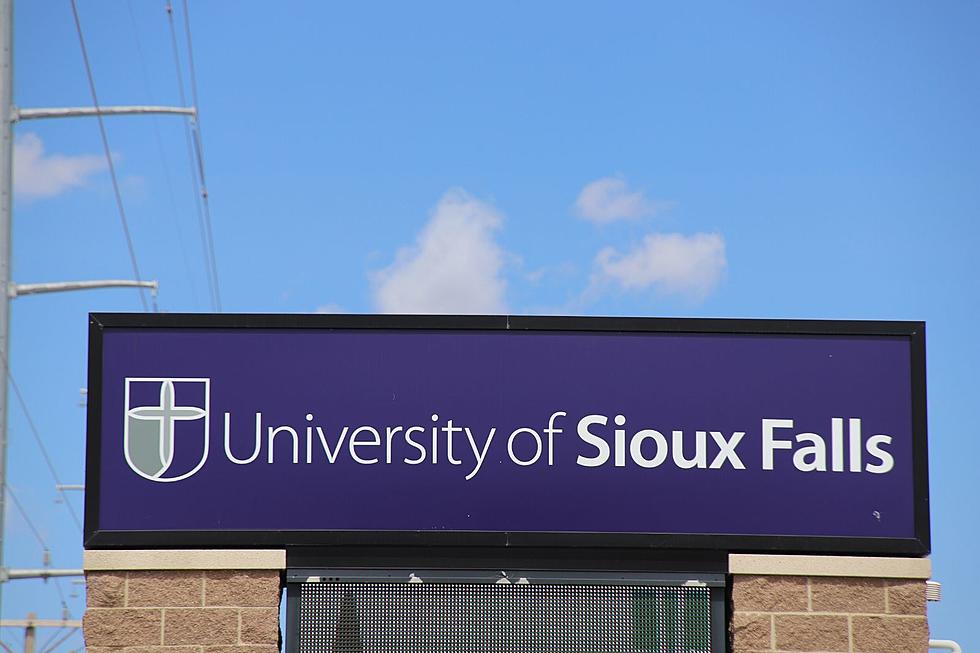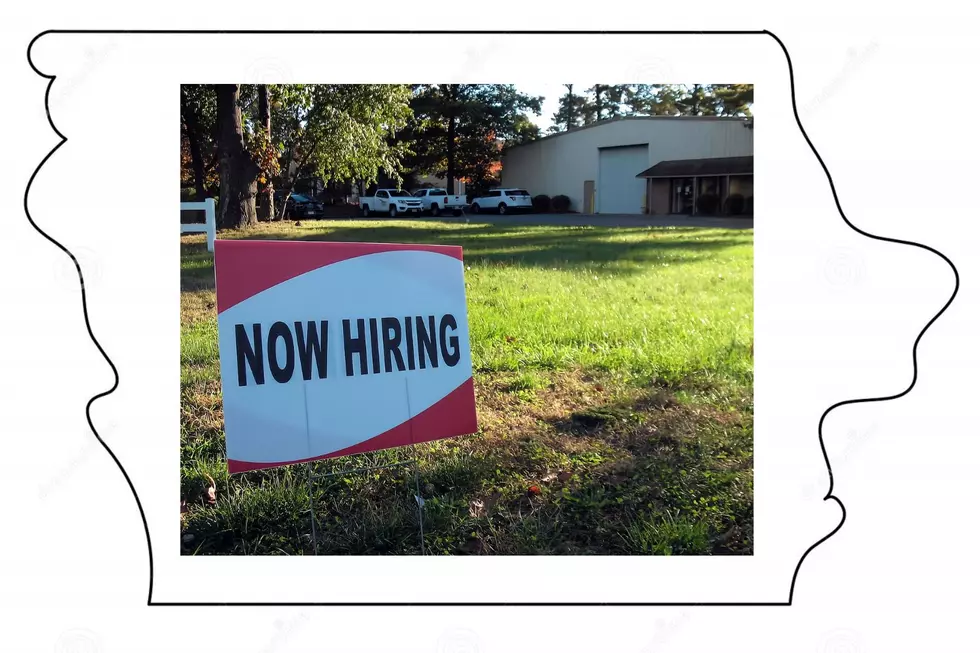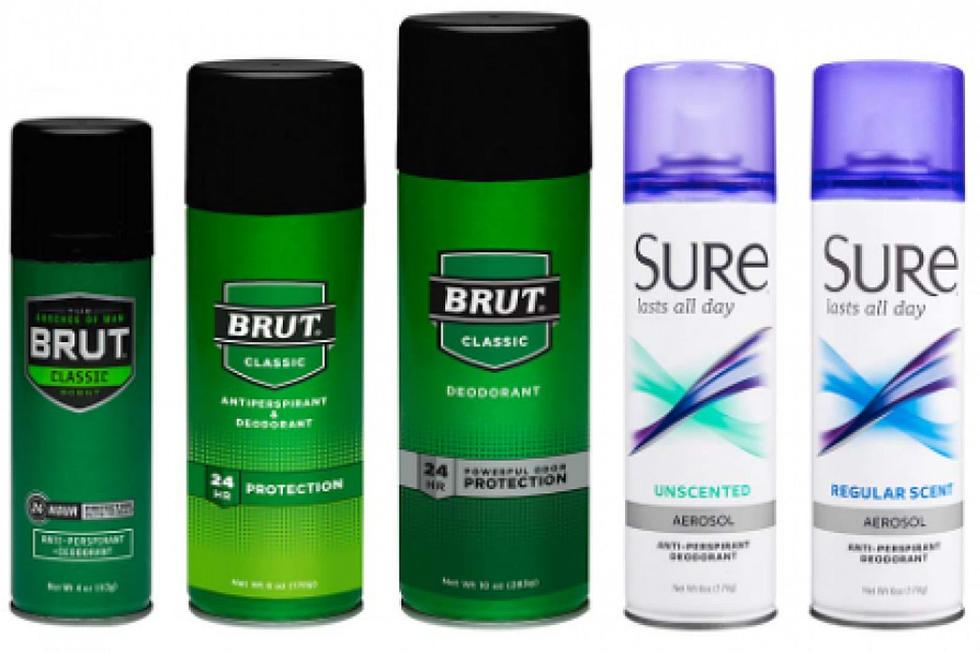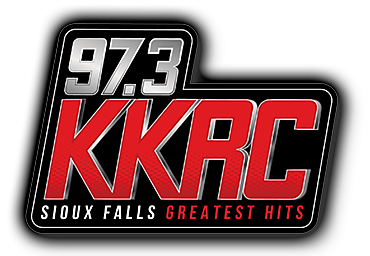
Is South Dakota Riding the ‘Worker Shortage Struggle Bus’?
Welcome to the point in society known as the "Great Resignation."
That's what experts are calling the real struggle almost every employer in the workforce is having right now trying to find enough workers to keep their businesses fully operational.
Think about it, how many times have you visited a Sioux Falls restaurant recently only to encounter a delay in service due to the lack of wait staff on duty?

Or better yet, how many different types of businesses have you noticed throughout the Sioux Empire that have been forced to change their hours of operation or even the days they are open to the public each week due to the lack of employees?
This worker shortage is far-reaching and sweeping almost every corner of the nation.
Like every problem, some states are being hit harder than others.
The problem is just another downstream effect of the COVID-19 pandemic. When COVID hit it did a number on millions of Americans. Not only did millions of people get sick, but millions of folks also lost their jobs and experienced extreme financial hardships as a result.
Flash forward three years later and now a great number of employers are struggling big time to find people who want to work.
The gang at WalletHub recently conducted a study on the worker shortage problem gripping the nation, they discovered the labor force participation rate is still below pre-pandemic levels and is actually at one of the lowest points in decades.
To do its worker shortage study, WalletHub used job openings data from both the latest month and the last 12 months to compare all 50 states and the District of Columbia. What they found is you do not want to be an employer looking for workers in Alaska right now. That state is currently ranked #1 in the nation when it comes to riding the worker shortage "struggle bus", followed by West Virginia, and Louisiana.
Surprisingly enough, our neighbors in both Iowa and North Dakota also find themselves in the top 10 when it comes to living in a worker-shortage state.
Iowa was ranked #5, while North Dakota was #10.
What about South Dakota?
We are a resilient state in so many different ways. WalletHub's findings revealed that South Dakota is actually weathering the worker shortage problem fairly well. We rank #32 at the moment in terms of employers being able to hire enough workforce.
That news actually surprises me, considering last week I needed to wait nearly 20 minutes to get a table in a restaurant that had about 12 cars in its parking lot at around 1:30 PM. I know, all these first-world problems, right? It's rough!
On a positive note, if you are out there looking for a gig, many employers are offering whopper-size signing bonuses to come on board.
In many cases, employers are being forced to pull out all the stops in an attempt to get workers which is a real plus for those of us who are still wanting to work.
Let's be honest, you know as well as I do, things always have a way of correcting themselves, so sooner or later this workforce shortage problem will be a thing of the past.
Until then, be prepared to see a lot of help-wanted and oddball-looking hours of operation signs from several businesses.
Source: WalletHub
14 Grocery Shortages South Dakota May Deal With This Winter
Sioux Falls Through The Generations
More From KKRC-FM / 97.3 KKRC


